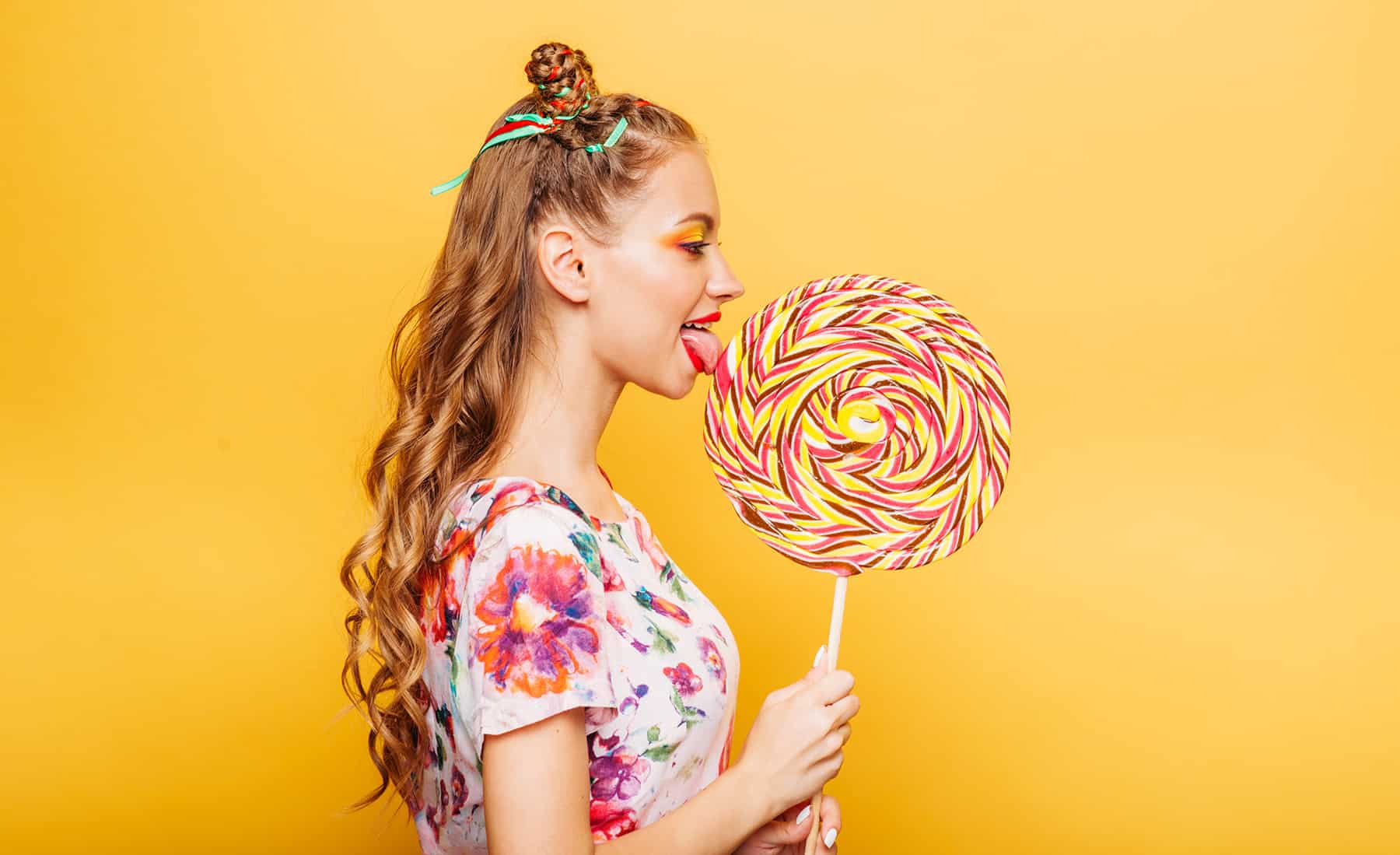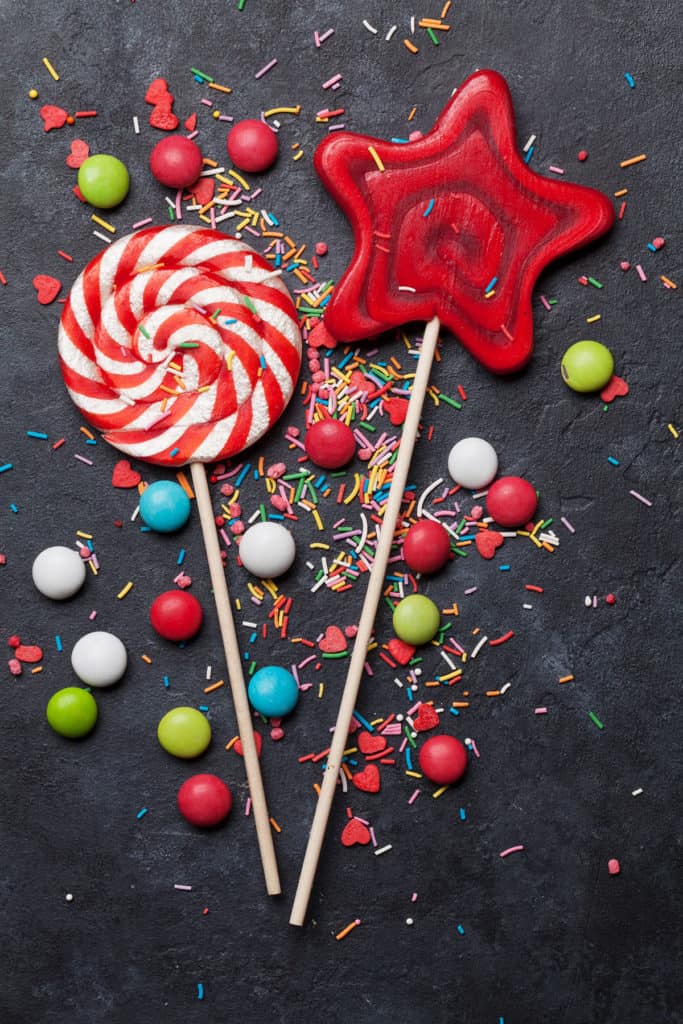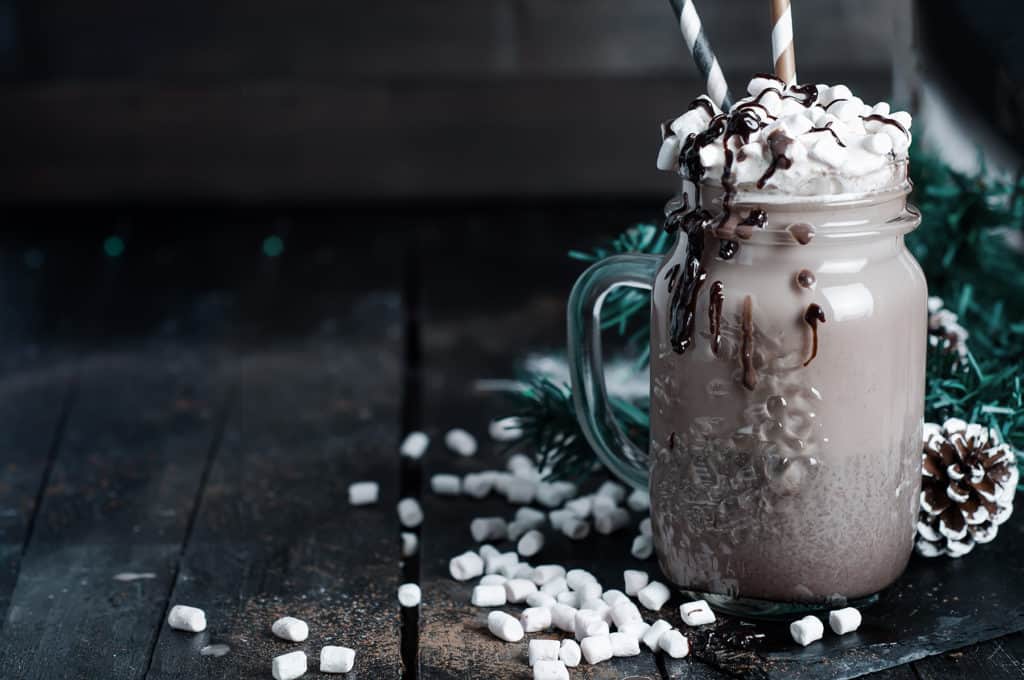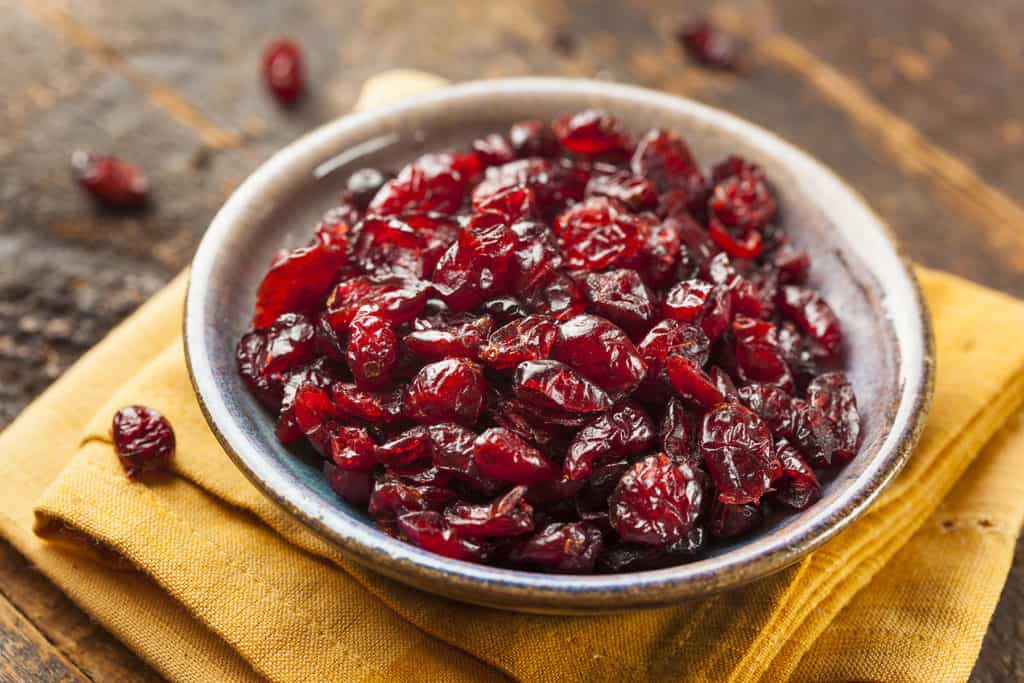
I know you have good intentions, but we need to talk…
You’re trying so hard to be healthy this holiday season… doing your best to make better choices and eat less junk even though you’re addicted to sugar.
With the hopes that after the holidays, you’ll simply start fresh.
But I know you have your doubts about whether you can actually follow through with that in January.
Last year probably didn’t go as planned (especially if you were one of the many who got sick). You didn’t get as far as you had hoped.
But this year’s gotta be better, right?
Well, that all depends on a number of factors that you may be blind to right now.
I’ve discovered in my clinical practice is that once you’re aware of what’s causing the problem, you can then take action.
You can make better choices. And ultimately that’s what this conversation is all about.
Over the next two episodes, we’ll explore how the “Season Of Sugar” as I call it has become twisted to glorify sugar and desserts at nearly every single turn.
Addicted To Sugar? Blame The 17-Week Sugar Binge
I’d argue that in the US, we don’t get a break from desserts even after Labor Day which tends to be around the beginning of September.
What used to be a significantly shorter 5-week holiday season loaded with treats has bloated to an astronomical 17-week period of sugar overload!
 That’s right… 17 weeks of sweets where stores stock their shelves with Halloween candy nearly 2 months before that big day.
That’s right… 17 weeks of sweets where stores stock their shelves with Halloween candy nearly 2 months before that big day.
Take a moment and really think about that… 17 weeks of palette-shifting, tastebud-twisting, Dopamine-overloading, skin-triggering and gut-wrecking.
That’s a long time.
Basic training that gets you in fighting shape to serve in the military only lasts 9 weeks.
They know that in 9 weeks, they can mold you into a soldier ready to start more advanced training.
And yet, somehow after 17 weeks of conditioning, you’re just supposed to drop sugar like it’s a hot potato?
Yeah right.
I want to be clear… I’m not here to shame you or make you feel like a failure.
Those feelings of inadequacy are a distraction from the bigger conversation about why you’re even in this boat in the first place.
And what caused to ultimately become addicted to sugar.
If you want to make better choices, you’ve got to know HOW you’re being played, right?
This conversation also isn’t about judging your mindful indulgences like a piece of chocolate or a teaspoon of honey in your morning tea.
My main concern today is with the excessive overindulgences that hijack your brain, gut, and taste buds to expect something so unnaturally sweet.
ALL. THE. TIME.
And then you’re faced with the utterly unrealistic reality that you are supposed to drop sugar cold turkey without any issue come January 1.
After 17+ weeks of conditioning.
Sure…
It should be easy peasy… right?
Yeah… NO.
10 Ways Your Self Control Is Bamboozled By Sugar
 Here’s how your taste-buds and biology are tricked by the food industry and holiday consumerism to fuel your addiction to sugar…
Here’s how your taste-buds and biology are tricked by the food industry and holiday consumerism to fuel your addiction to sugar…
1. As I already mentioned, your palate is inundated with sugar starting around the end of August (long before Halloween)!
2. It’s pretty normal to crave more carb-heavy and sweet foods in the cooler months of Autumn and Winter.
3. Politics has gotten incredibly divisive and polarizing which frankly can trigger a ton of stress. The most common way to deal with stress is… sugar!
4. Stress… going to parties, seeing family, dealing with shopping, feeling overscheduled, and end of year stuff.
5. Many Thanksgiving dishes have added sugar to them… even the vegetable like carrots, sweet potatoes, and brussels sprouts.
6. Gluten free food products tend to have even more added sugar to them to make up on flavor. This also can be a hidden reason why you’re now addicted to sugar.
7. And let’s be honest… No one has just ONE gluten free cookie.
8. Sugar is in pretty much every hot drink from here until springtime — hot apple cider, hot chocolate, honey or sugar (or syrup) in your teas and coffee.
9. People bring in cookies and treats to the office to pawn them off on you (and the co-workers) so they don’t have to eat them all at home.
10. Food companies know that YOU don’t know how to read their food labels. They use healthy ingredients like dried fruit to make you think that it must be healthy when it’s actually not.
Hidden Sugar In Healthy Food Like Dried Fruit
 One of the biggest offenders is dried fruit!
One of the biggest offenders is dried fruit!
Oh yes… you read that correctly.
While dried fruit’s higher sugar content can come from its natural sugars, that doesn’t excuse eating it in large quantities.
It’s easier to eat a bag of dried apricots.
But no one would likely eat that many fresh apricots in one sitting!
And to make matters worse, it’s not uncommon for food companies to add even more sugar!
That’s the case with dried cranberries (for the record, they are very tart, but not naturally sweet).
If you’re an “I need to see the numbers” type of person, I’ve got you covered! (They are truth-be-told quite sobering.)
That’s why I created a great cheat sheet to help you see exactly how much sugar naturally occurs and is typically added to all your favorite dried fruit.
>>> GET MY Sugar Content In Dried Fruit Cheat Sheet HERE
In the next episode, I’m going to share with you my favorite simple strategies to outsmart sugar this holiday season. This way you can start to break free from feeling addicted to sugar and out of control of your cravings.
What’s really neat is that while these tips are perfect for reigning in your sweet tooth now, they also still apply all year round!
In the meantime, I’d love if you dropped a comment on this episode’s podcast sharing what YOUR biggest sugar downfall is during the holidays?
We all have at least one.
(Mine is pretty much anything with cherries or peanut butter.)
Pin This Post And Save It For Later







